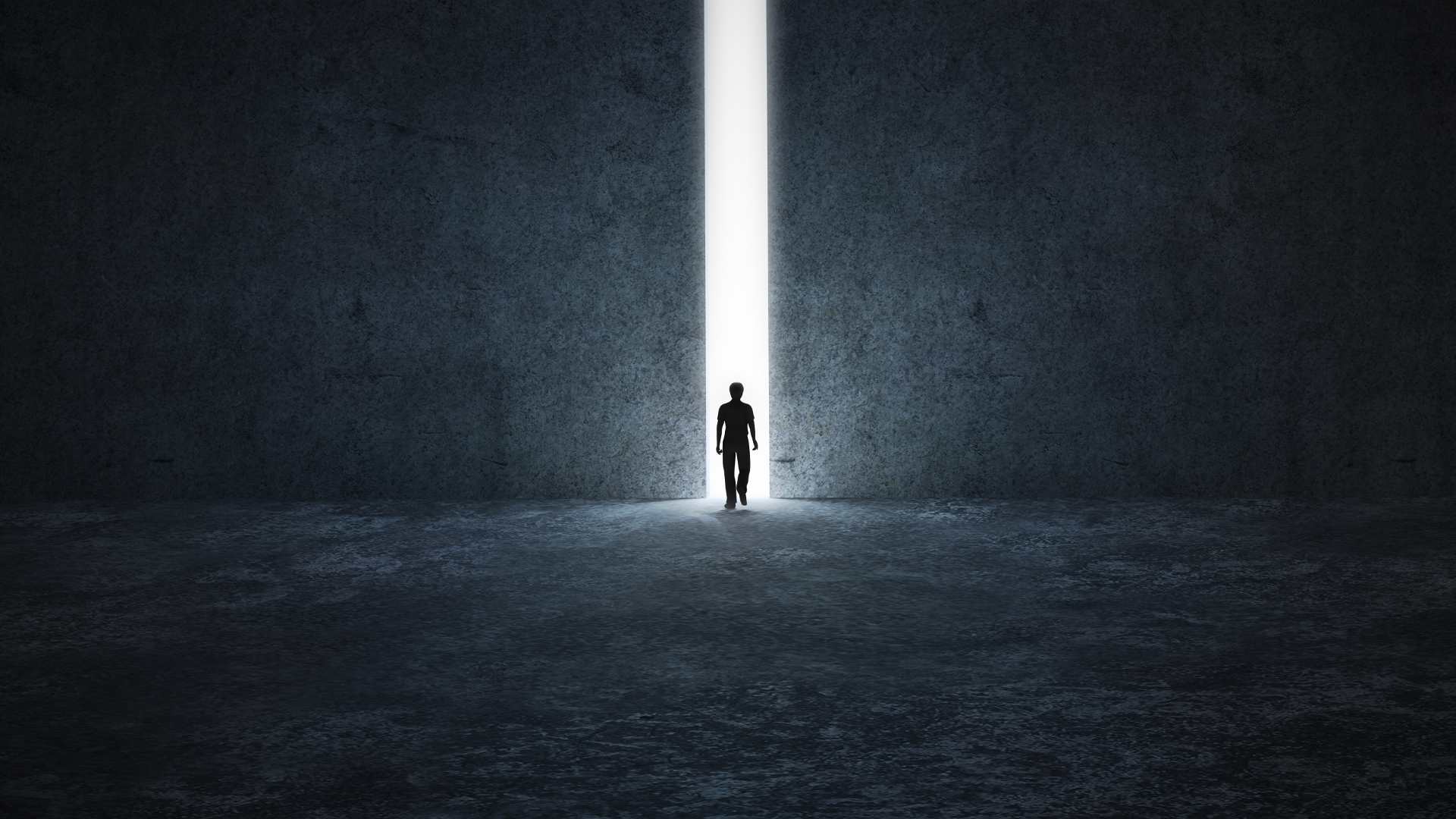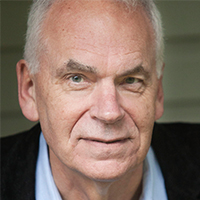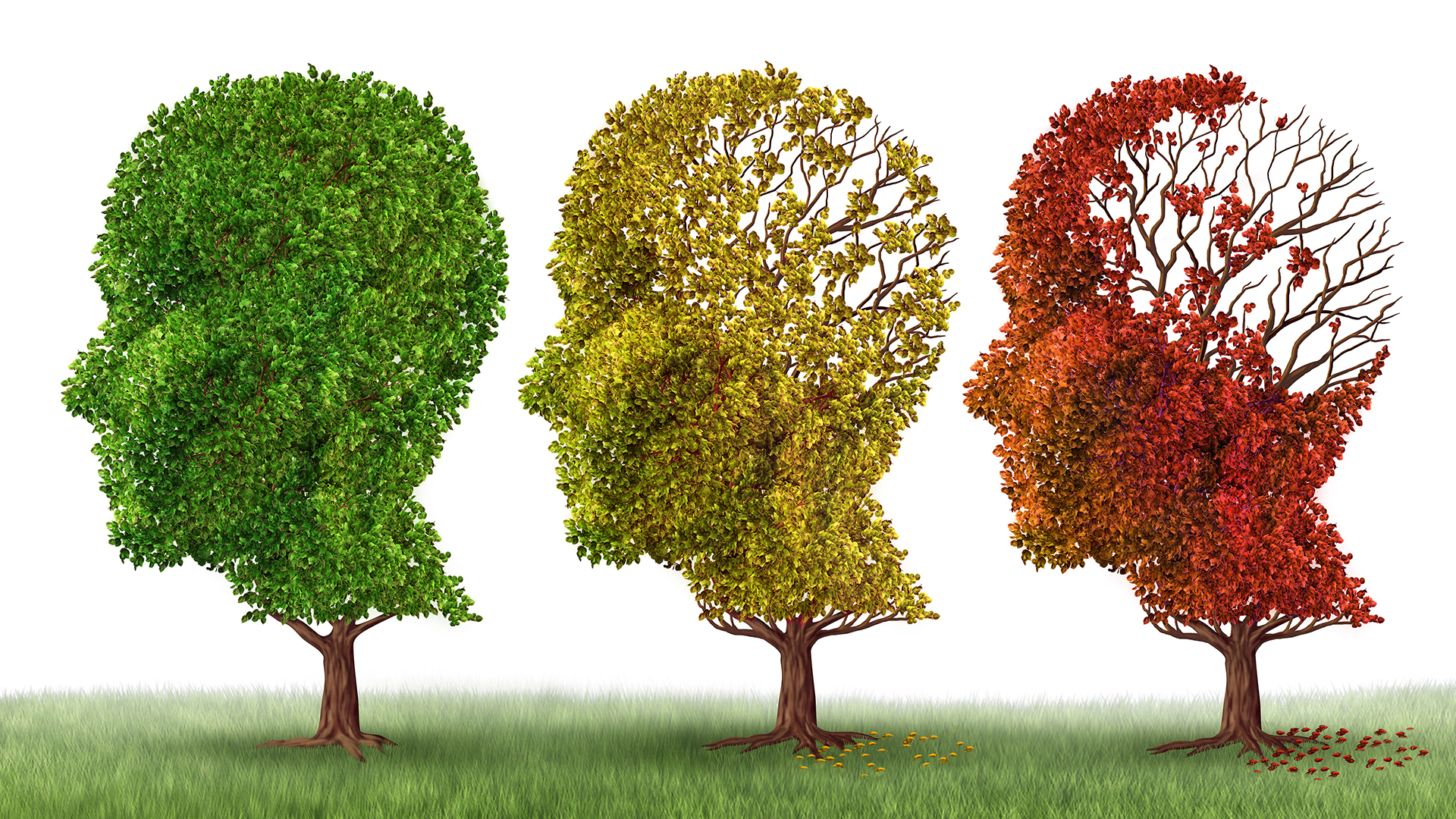
I consider myself lucky to have been born when death was still pretty much a mystery, more the prerogative of poets and other artists, philosophers and religious teachers than of scientists and doctors. I grew up surrounded by death. I served as an altar boy at dozens of funerals and attended the “wake” of my maternal grandmother in her parlour. I experienced my mother’s death at her home in her bed, together with her other children and several of her grandchildren. Death may not have been welcomed, but it was not a stranger to me.
MAiD (medical assistance in dying), a medical technology that enables adults to choose a physician-assisted death, was legalized in Canada in 2016. In this article, technology refers to more than machines, tools and electronic, medical or scientific devices. It includes platforms, mediums, management techniques, commercial practices, social methodologies and protocols like MAiD.
I was reminded of death’s tug-of-war with mystery and science while I read the Vulnerable Persons Standard (VPS), which was recently submitted to Health Canada. Using five evidence-based safeguards, the standard includes regulations to monitor the practice of MAiD for those who are vulnerable or whose autonomy has been limited by social, psychological, economic or physical factors.
The VPS submission also brought to mind the fact that in Canada there is a long line of thinkers who have cautioned that all technologies promise benefits but that have unanticipated consequences, some of them harmful.
The economic historian Harold Innis was the first to chronicle the devastating impact of one technology in his book The History of the Fur Trade in Canada. Even though it benefited relatively few European capitalists, the fur trade destroyed the culture and way of life of the Indigenous peoples who made that wealth possible. Indigenous people are still paying the price now, hundreds of years later.
Innis’s disciple, Marshall McLuhan, observed that technologies (TV, Facebook, cell phones, cars), and not their content, over time subtly and silently shift relationships, cultural attitudes, beliefs and values to the point where the technology becomes indispensable. When you are a hammer, everything resembles, and eventually becomes, a nail.
In her Massey lecture, “The Real World of Technology,” renowned University of Toronto scientist Ursula Franklin distinguished between two types of technologies: holistic technologies, which leave “the doer in total control of the process,” and prescriptive technologies, which put control in the hands of managers or specialists. She argues that the dominance of prescriptive technologies in modern society discourages critical thinking and promotes “a culture of compliance.” Like Innis, Franklin argues that technology tends to suppress freedom and distance people from each other. Another Massey lecturer, Ronald Wright, calls this the “progress trap.”
The “Socrates of Quebec,” Jacques Dufresne, said that because technology provides so many benefits, we start to assume that it can fix anything. Thus, he said, “[we] accept that technology will solve and cure everything; that it has the power to correct and expand life, and, ultimately, that it has a life of its own: that what is technically feasible is by that very fact necessary and inevitable. This is why we fail to notice when technology ceases to serve and when it starts to transform us in its likeness. The loss of the soul is painless.” That’s when the mysteries of the soul are reduced to problems left to experts and their technologies to solve, and we lose our autonomy and vitality.
Finally, I am also reminded of Nora Young, the thoughtful host of CBC radio’s “Spark.” Sometimes she concludes her show with the wish that her listeners understand that all technologies come with values and assumptions, and she stresses that those values are not benign. Instead, they have an ideological bias that amplifies the dominant values of the status quo.
The conclusions of these thinkers about culture and technology provide a useful framework that allows us to evaluate and monitor MAiD.
If you want technology to be your friend, make sure you learn everything about it — its values, side effects and track record. Science and medicine are not the only systems producing truth. Technology is about certainty; it doesn’t like mystery, humility, vulnerability, imperfection or tradition. Efficiency is not the dominant purpose of human relationships — rather, their main purposes are mutual respect, trust and loyalty.
The VPS submission to Health Canada stresses the importance of monitoring the practice of MAiD in Canada in order to prevent harm to individuals, minimize any potential negative impact on our culture and preserve the benefits of MAiD for those who choose it.
In the turbulence of the 21st century, these recommendations help to refresh our relationship with life’s one certainty: death. I read them as an act of faith in our future, as well as a profession of love for our capacity to address tough moral issues together.
What could be more reasonable, more Canadian, than that?
Photo: Shutterstock, by sfam_photo.
Do you have something to say about the article you just read? Be part of the Policy Options discussion, and send in your own submission. Here is a link on how to do it. | Souhaitez-vous réagir à cet article ? Joignez-vous aux débats d’Options politiques et soumettez-nous votre texte en suivant ces directives.








